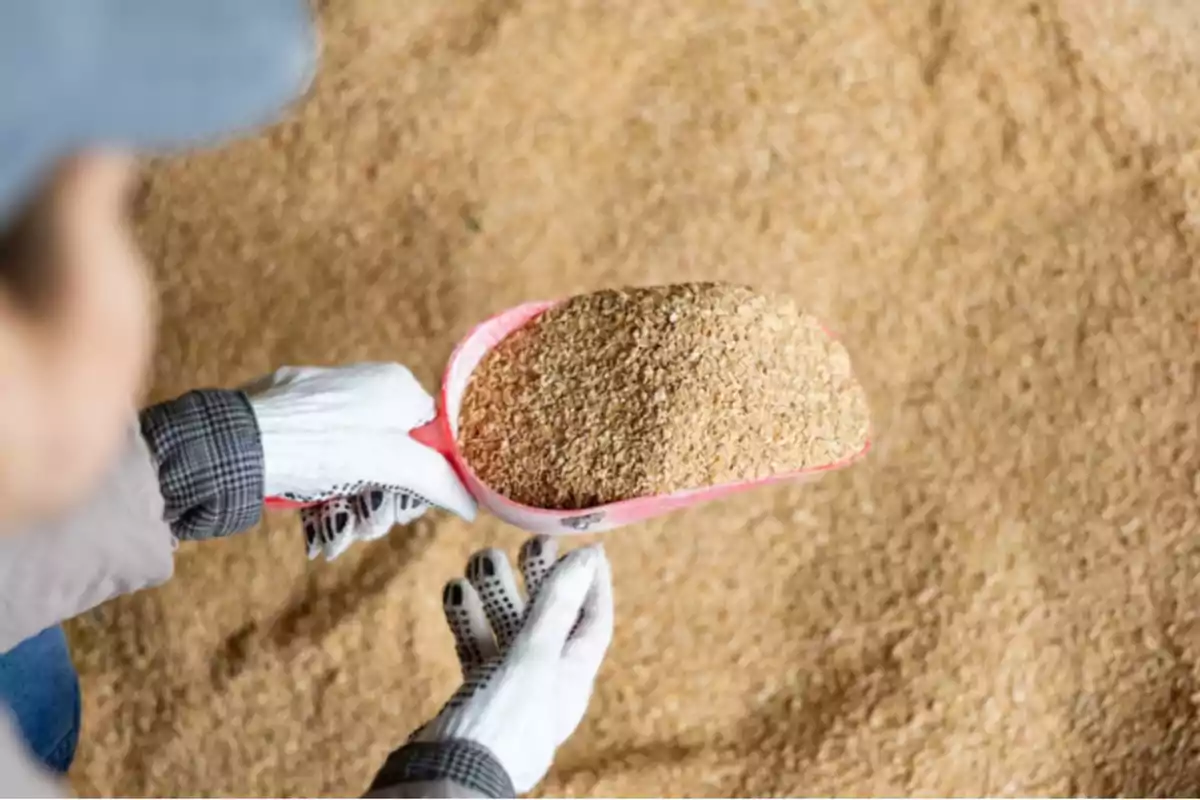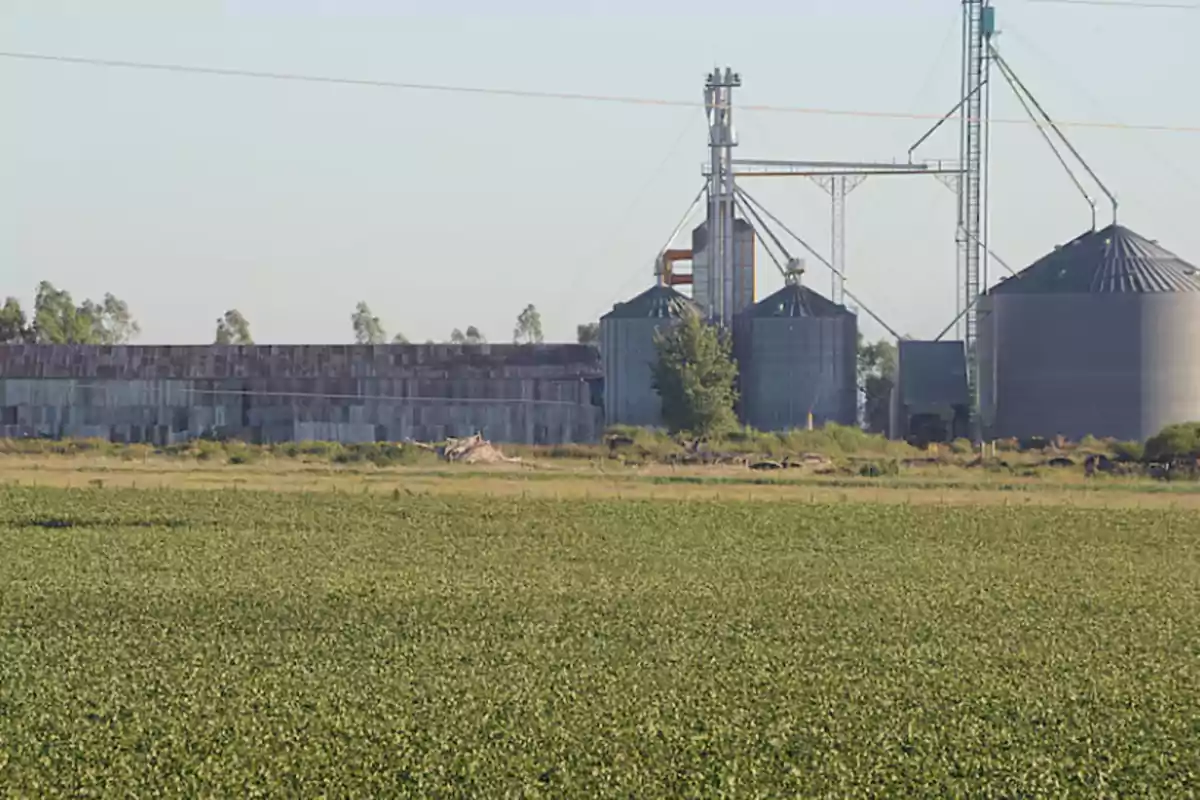
Commercial milestone: China authorized the import of Argentine soybean meal
This advancement would allow Argentina to export a product with greater added value
For the first time in history, China has approved the purchase of processed soybean meal from Argentina.
This is a commercial and diplomatic milestone that positions the country as a new supplier to one of the world's largest and most demanding markets, after more than 20 years of bilateral negotiations.
First shipment approved after a lengthy audit process
The export was made possible thanks to the signing of a bilateral phytosanitary protocol that establishes the traceability, safety, and quality requirements demanded by the Chinese government. The first shipment, on a trial basis, was carried out by an oilseed company from Greater Rosario to an importing company in China.
Although the volume was limited, it was a key test to validate the sanitary and logistical viability of the Argentine product, considered high quality and value-added compared to unprocessed soybeans, which until now were the only product Argentina could sell to China.

A key change in the agri-industrial trade balance
Soybean meal accounts for more than 50% of the total exports from the Argentine soybean complex, and its sale to the Chinese market could mark a turning point for the agro-export industry. Until now, the South American country sent soybeans to China, which then processed them locally.
This development would allow Argentina to export a product with greater added value, generating more foreign currency income, increased activity in processing plants, and strengthening the country's role as a reliable supplier of food for animal consumption.
Industry expectations and next steps
Industry chambers celebrated the market opening and described it as "historic." They highlighted that there is idle capacity in Argentine processing plants that could be utilized if the trade relationship with China is consolidated.
In addition, the protocol signed with China could facilitate access to other Asian markets, which tend to follow the Asian giant's regulations regarding food safety.
Meanwhile, national authorities indicated that the goal now is for this pilot export to lead to a definitive authorization, with larger volumes and long-term contracts.
More posts: